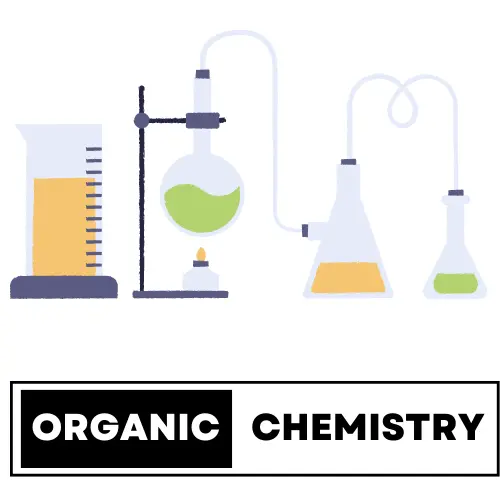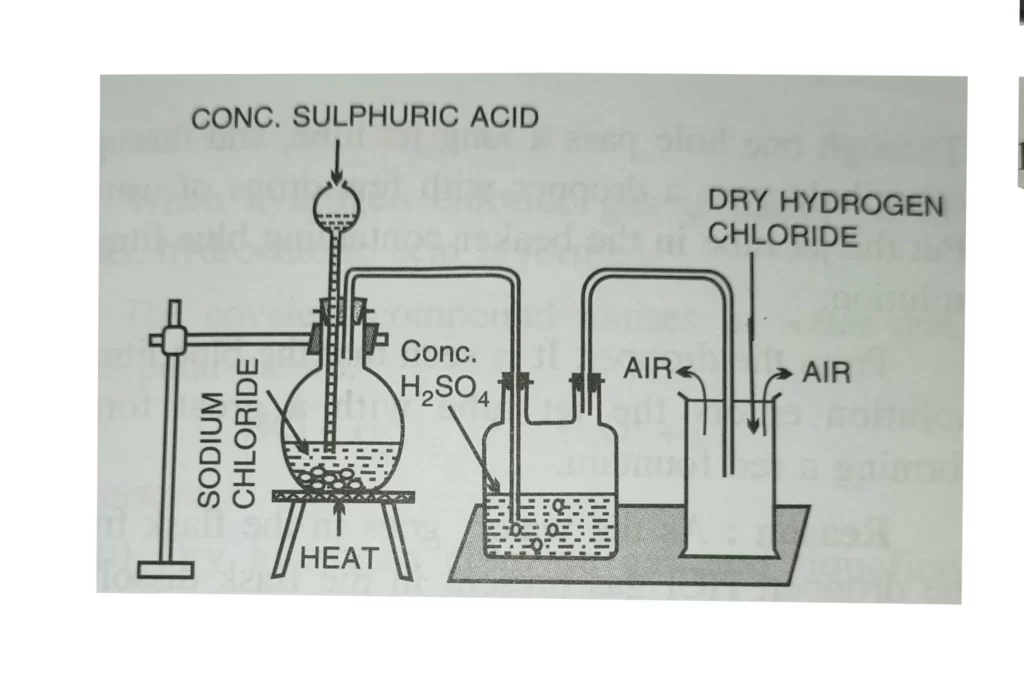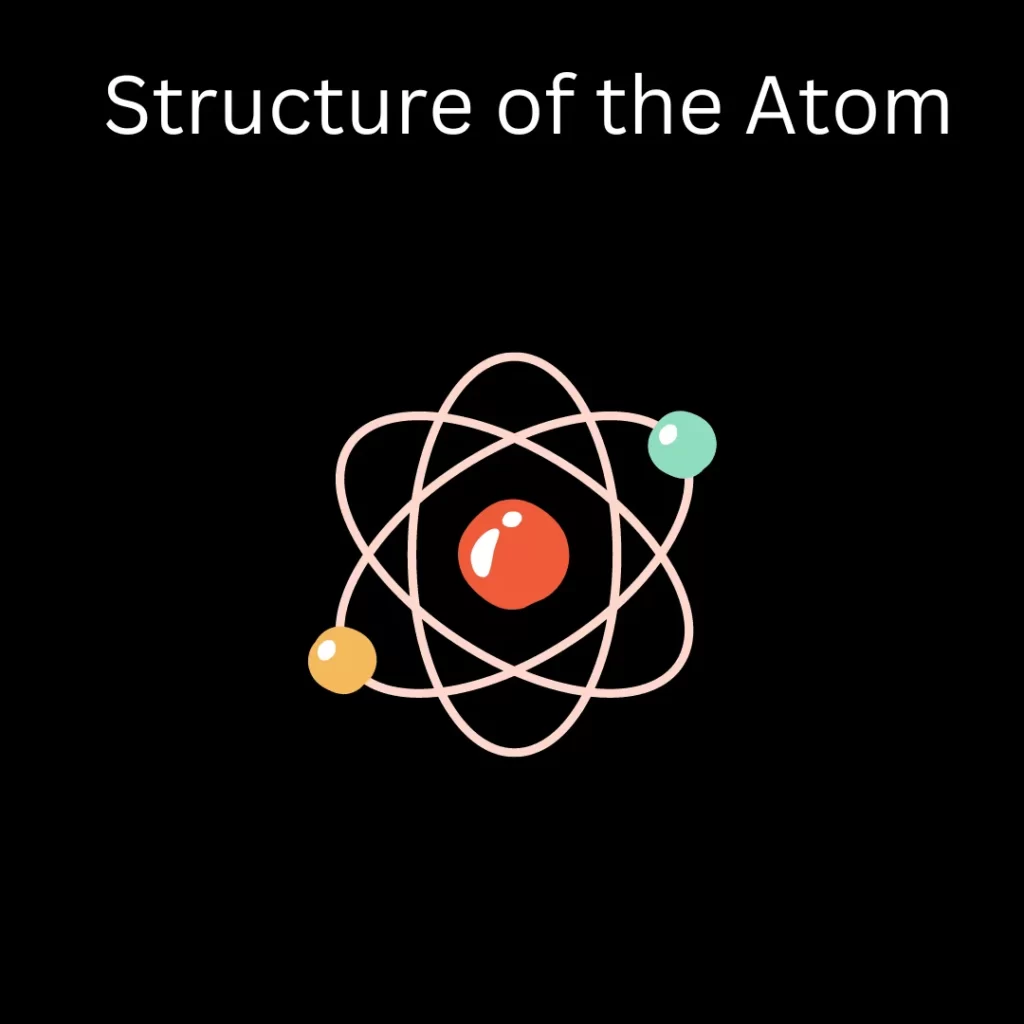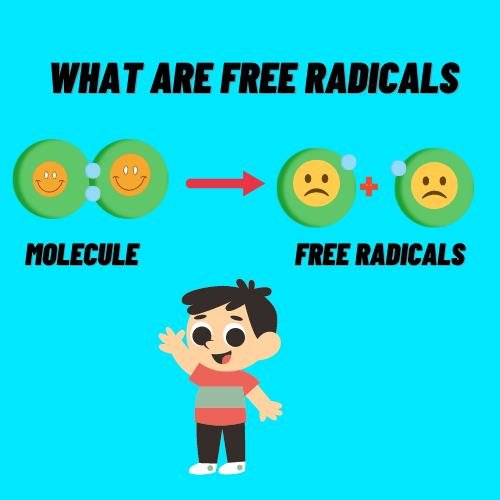Mastering chemistry
Mastering Chemistry is an important skill for anyone studying chemistry. In this blog post, I will discuss the essential skills and strategies needed to become an expert at mastering chemistry. When it comes to mastering chemistry, it is important to understand the basics of the subject. What is Chemistry? Preparing for Chemistry Developing Good Study […]
Mastering chemistry Read More »





